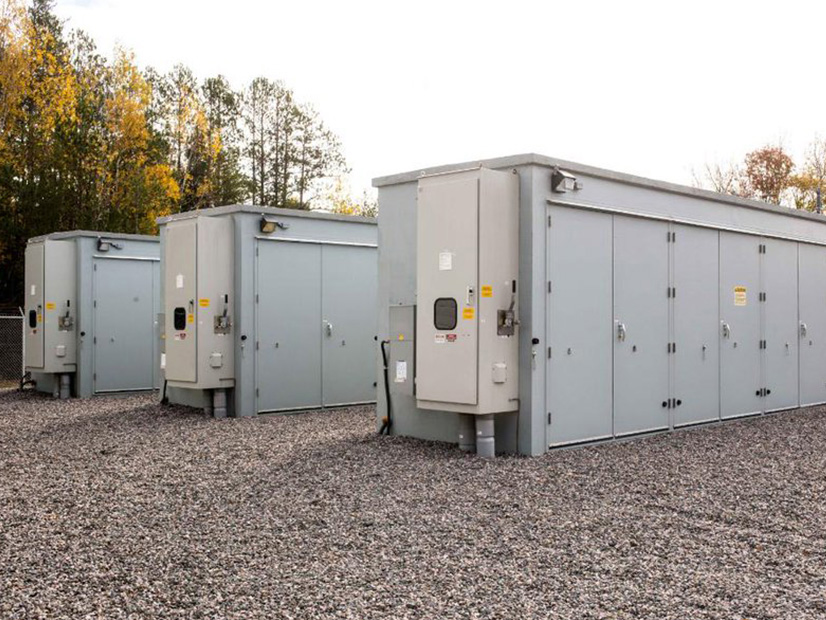CARMEL, Ind. — MISO this week said it agrees with its stakeholders it has onerous transmission service requirements for energy storage resources charging from the grid and should relax requirements.
Until now, the RTO has operated under the assumption that storage resources would secure long-term, firm, point-to-point transmission service before they began charging.
Members of MISO’s Environmental Sector argue FERC’s Order 841 doesn’t require storage to obtain firm, point-to-point transmission service and instead allows as-available transmission service. After reviewing Order 841, MISO agreed it should loosen its requirement that storage secure yearly, firm point-to-point transmission service. (See Stakeholders Puzzled by MISO Transmission Service Requirements for Battery Storage.)
Manager of Resource Utilization Kyle Trotter said battery storage should be treated like any other intermittent load in MISO.
Speaking at an Oct. 11 Planning Subcommittee meeting, Trotter said MISO agrees storage resources should be afforded the option to use either non-firm, point-to-point transmission service or its Network Integrated Transmission Service under any length of time.
“You’re not restricted to firm, you’re not restricted to duration,” Trotter said during an Oct. 11 Planning Advisory Committee. He said MISO expecting long-term, firm, point-to-point is an “overly restrictive transmission service requirement” for charging storage resources.
“Operationally, batteries do not charge 24/7; nonfirm is available down to the hour and provides more flexibility to the customer,” Trotter said.
Trotter said MISO believes storage resources in charging mode are willing to be curtailed when prices are high from transmission congestion or emergency conditions. He said the RTO doesn’t require other capacity resources to acquire firm fuel supply or firm station service load, so storage shouldn’t be treated differently. He also said long-term service is unnecessary for storage because their charging behavior is mostly price-driven and occurs off-peak.
“I think this is really important to straighten out for energy storage resources,” Southern Renewable Energy Association’s Andy Kowalczyk said.
Trotter said he will return to the Nov. 15 Planning Advisory Committee meeting with suggested revisions to the business practice manuals to strike the requirement.




